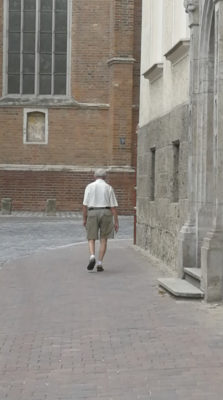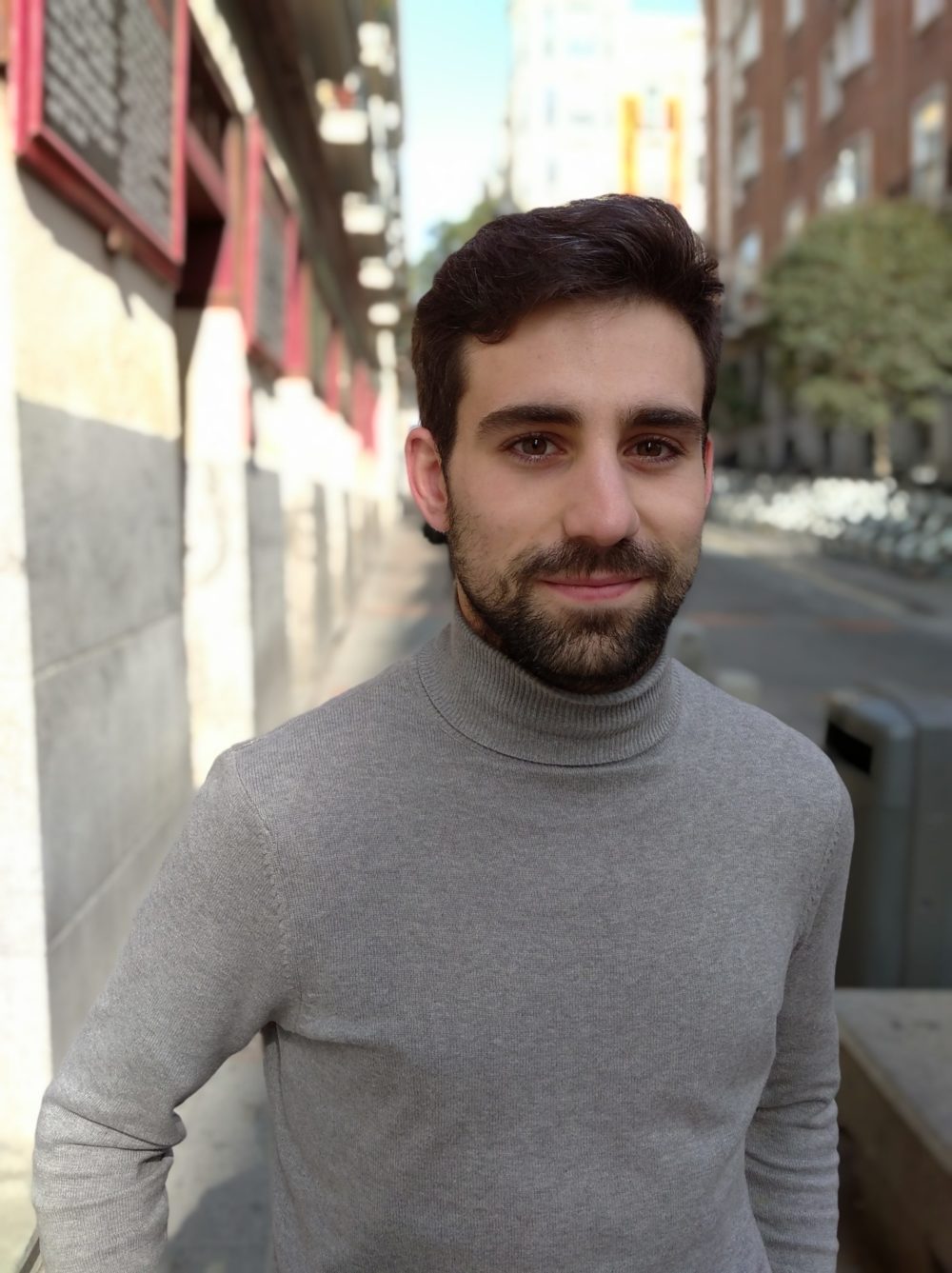Search
To search for an exact match, type the word or phrase you want in quotation marks.
A*DESK has been offering since 2002 contents about criticism and contemporary art. A*DESK has become consolidated thanks to all those who have believed in the project, all those who have followed us, debating, participating and collaborating. Many people have collaborated with A*DESK, and continue to do so. Their efforts, knowledge and belief in the project are what make it grow internationally. At A*DESK we have also generated work for over one hundred professionals in culture, from small collaborations with reviews and classes, to more prolonged and intense collaborations.
At A*DESK we believe in the need for free and universal access to culture and knowledge. We want to carry on being independent, remaining open to more ideas and opinions. If you believe in A*DESK, we need your backing to be able to continue. You can now participate in the project by supporting it. You can choose how much you want to contribute to the project.
You can decide how much you want to bring to the project.

As neologisms related to truth (such as fake news, emotional lies, and post-truths) are saturating public discourse like never before, perhaps it is time to reclaim fiction. In this useful space of lies, heavy and fruitless debates are avoided. An artistic model that attends to the emotional relationship established in poetry, to the viewer as a player integrated into a video game, to the uncomfortable laughter caused by a gif, or to the functional creativity of unsupervised algorithms, makes sense. All of these issues (and others, as well), are protagonists in the Noorderlicht International Photography Festival in the Netherlands, the first part of which took place between August 7 and October 3 in Groningen, and the second part organized in the northern province of Friesland between September 4 and October 31.
This edition of a traditional festival (organized annually since 1993) has been very aptly presented as a compilation of various discourses on contemporary visual art that recognize the importance of the manipulated image. The title of the show, The Makeable Mind, is a solid conceptual umbrella under which 16 galleries and public and private exhibition spaces and more than 70 artists are grouped together. Along with discreet gallery exhibitions, there were also grandiloquent installations such as LAWKI-NOW by the ARK collective, a sound spectacle made by unsupervised algorithms that created an overwhelming polyphony amidst strobes and random videos shown in a 13th-century church.
Although certain exhibitions stood out amongst so much abundance, and although it was easy to perceive more or less implicit distances between memorable works and other more conservative ones, the third edition of the open-call for young curators was one of the festival’s greatest successes. Rawad Baaklini and Tiiu Meiner were able to defend with ease a selection of visual, sound, and performance works that seek alternative ways of transmitting knowledge through false or semi-false stories. The notion of epistemic fragility runs through the entire exhibition, including a screen at the entrance in which a man turns the corner of a Dutch street and disappears, leaving the frame empty. His escape is both comic and obvious, especially when the video repeats the same scene over and over again. This work, Man & Building by Liza Wolters, is a very simple trick by a technological wizard that can be replicated by anyone, but with a great potential to create fiction. In fact, it can be said that its only meaning and value consist in evoking the falsity of its image, avoiding the need for testimony or reference. This piece works as a fable and nothing more. The exhibition is full of such illusions and metaphors, some apparently “real” and others fragilely put together, and thus enormously powerful as they require the support and conscious involvement of the viewer.
Perhaps due to the fame of its author, one highlight is Sweet Talks: Commissions (streets 1991-1994) by Walid Raad, a series of photographs taken during the Lebanese civil war that, according to Raad himself, were found in a market with annotations in English and in Arabic. Each photograph tells a short story about semi-ruined buildings and empty streets: “My cousin Youssef taught me to drive on this street” or “Here I kissed a girl for the first time.” The little stories are intertwined with not very eloquent photographs, supposedly enlargements from a notebook in which Photoshop effects can easily be observed on the edges.
In some way, the value of the experience of all the works in this exhibition is null or not very relevant, as demonstrated by the very theatrical performances explored in the “Pact of Silence” in the Spanish Transition (Sergi Casero), the anti-homosexual questionnaire to enter military service in Turkey (Emir Hakin), or the disordered and recreated memories about her childhood in Ghana by the poet Sherida Kuffour.
This section of the festival responded intelligently to its main theme: the mind is makeable, fiction is powerful. The young curators Rawad and Meiner attempt to overcome the sterile debate about pure truth (does it actually exist today, or has it ever existed?). The alternative is clear: tell stories and, above all, tell them well.
(Featured Image: videostill “Man&Building”, by Liza Wolters)

Juan Gallego Benot (1997) researches on Rhetoric and Modernity at the Autonomous University of Madrid and the University of Groningen. He is also studying Art History at the UNED and has published the book of poems Oración en el huerto (Tino Barriuso Prize, Hiperión, 2020). He is currently writing a second book on contemporary urbanism, expulsion and gentrification in the city of Seville.
"A desk is a dangerous place from which to watch the world" (John Le Carré)